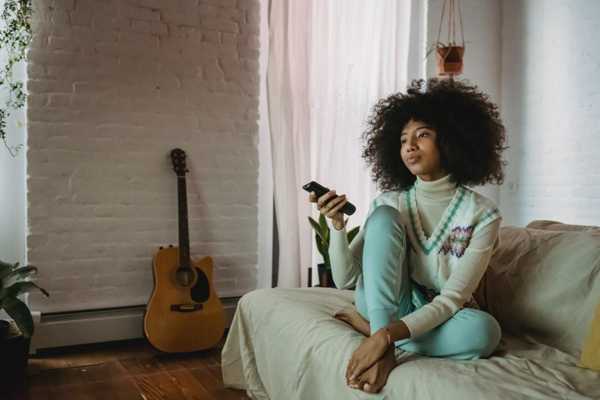There are a lot of transitions you make as you age and take on more responsibility. It begins the first time you buy your clothes and only gets more complicated from there. The most challenging transition comes when you decide to move out and live on your own. No friends. No roommates. Just you.
Living on your can be difficult for many reasons, but managing your finances to cater to personal and household items is the greatest challenge. There are high chances that you have unlimited expenses compared to a limited amount of income. This article will discuss a few budgeting tips to help you avoid making financial catastrophes when living on your own.
Build a Budget Tips
If you’re planning to live on your own, the most important point is how to spend your money wisely. Start by creating a budget to help you remain on track financially. Your budget should be as detailed as possible to help you monitor all the areas of spending and make necessary adjustments when a need arises.
As you create your money management plan, add up your regular and fixed expenses and subtract from the total monthly income. The amounts you are left with can be used to pay bills for more flexible expenses like water, food, and clothing. You can use an app to create a realistic budget that is adjustable or manually track your expenses.
While it may be tempting to limit your budget, it’s vital to remain realistic. This will not only ensure you live comfortably but can also ensure you’re left with some savings for special occasions like concert tickets.
Pay your Bills on Time
Paying your bills on time makes sense, right? It is the second step of taking care of your financial life. It means you won’t have to deal with lateness charges, reduce your stress, save you more money and boost your credit scorecard. You can quickly secure a loan at more favorable terms to finance your expenses with a good credit score.
Taking care of your bills early also ensures that you keep your checking account balanced. This gives you a more accurate value of the funds available in your account and an insight into your spending. But how do you make timely bill payment a habit? Start by choosing a system for paying bills that works best for you. Some of the methods include:
• Sign Up for an Auto-pay System
• Use financial applications with automatic bill payment reminders
• Organize paper bills
• Sign up to receive bill reminders via email
You Don’t Have to Buy Every Gadget and Appliance
One of the mistakes people make when moving out on their own is buying every piece of equipment that the new house requires. This step is discouraged as it is expensive and leaves you limited to spend on essential items like food.
Students and young people desiring to live on their own in Houston can begin by renting a house at The Proper apartments where life is simple. The homes are fitted with bedroom and bathroom facilities saving the students the costs associated with buying new equipment.
Set an Emergency Fund
Setting aside some money to protect yourself should the unexpected be one of your financial budgeting and saving initiatives when living independently. While there is no arguing on the importance of having an emergency fund, many people think that it’s not simply possible without giving it a trial.
Even if you don’t have thousands of amounts in your savings account, having some funds is better than having none for a rainy day. There are a variety of methods that can help you in building your emergency fund. You can set aside remaining change after making a purchase, get a side hustle, or take a fixed percentage of your earnings to your emergency account.
Fine-tune Your Budget Regularly
Like your life, your budget is subject to change and evolve. New expenses might come along the way, and some expenses might go away, cutting out unnecessary costs. The most important thing is to ensure that you continually revisit your budget to ensure that it goes according to plan. During your review, you can review:
• Areas where you ended up spending more than you initially planned
• Places where you succeeded in spending less than the plan
• Your budget plan for the month ahead
The more you do this, the more your budget will remain in line, and you will get financial independence when living alone.
Conclusion
Apart from making the whole process of living on your own easier, budgeting enables you to continue making savings even when extra expenses start to rise. You’ll undoubtedly find yourself meeting your financial obligations even after moving out on your own by creating and remaining accurate to your budget.


